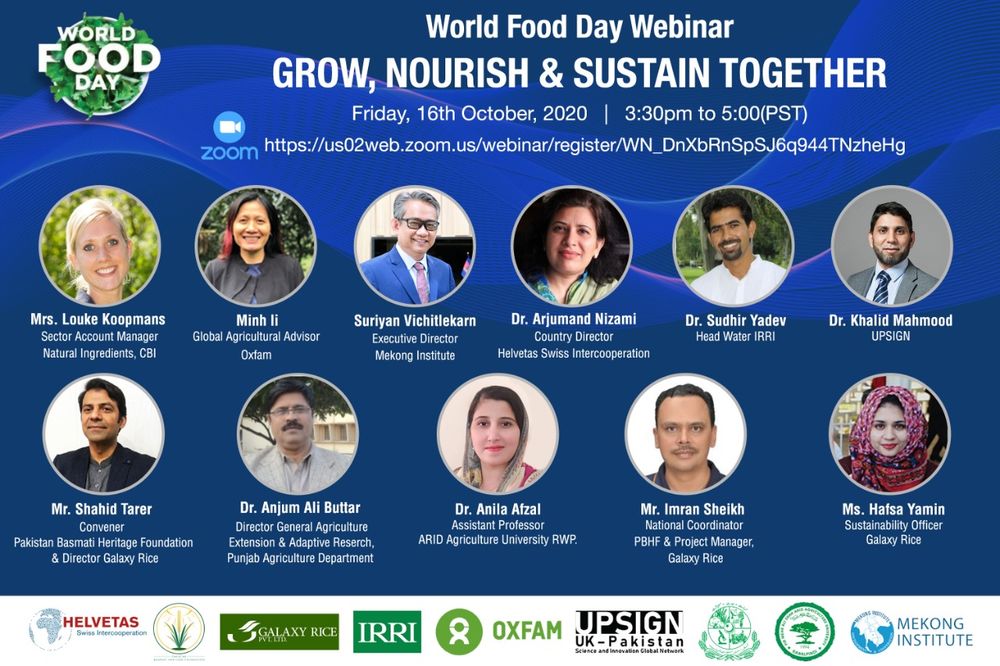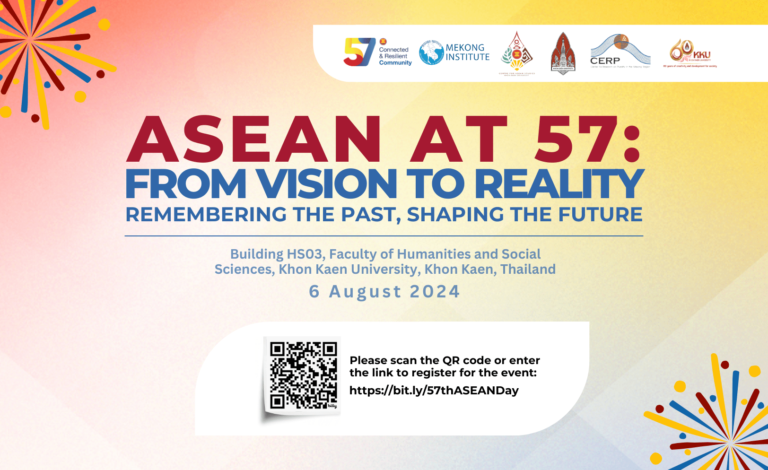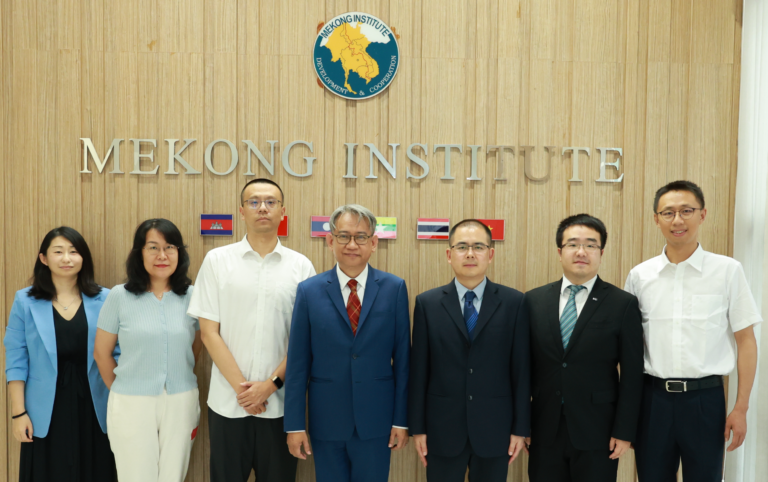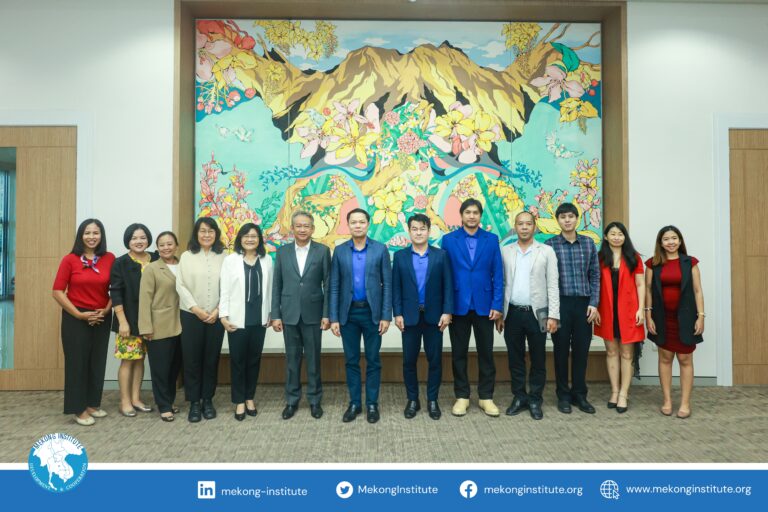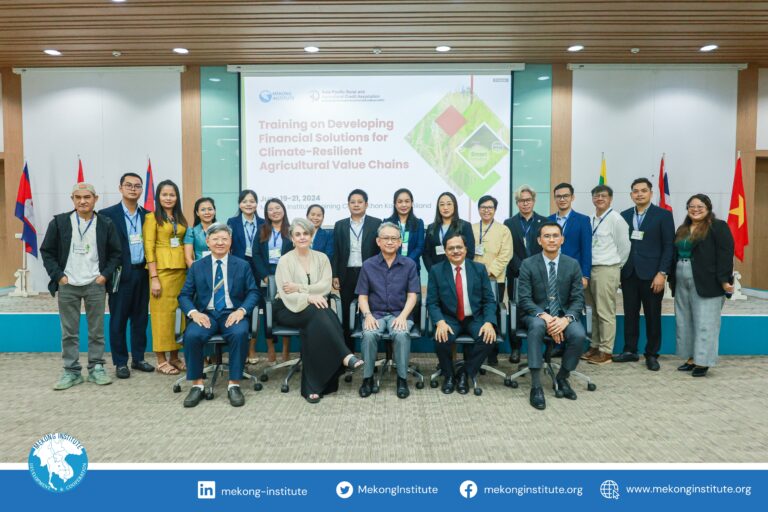In support of World Food Day, Mr. Suriyan Vichitlekarn, MI Executive Director, called for deeper multi-country cooperation, broader public-private partnerships, and a more integrated policy framework to advance agricultural development in the Mekong region at the webinar hosted by Helvetas Swiss Intercooperation and Pakistan Basmati Heritage Foundation on October 16, 2020.
“Sustainable agricultural development can be realized through co-benefits and cooperation,” he said in a taped presentation, before enjoining partners to pool experiences and expertise so governments and the private sector can replicate best agricultural practices, policies, and communication campaigns that will contribute towards poverty alleviation and food security.
In the last two decades, MI has spearheaded several programs and projects to help set the foundation for inclusive and equitable growth in the Mekong region. Specifically, MI has empowered smallholder farmers and small- and medium-sized enterprises (SMEs) in remote communities across Lao PDR, Myanmar, and Vietnam so they may access rice, maize, and coffee commercial value chains under the Regional and Local Economic Development-East West Economic Corridor project.
“Initiatives such as these are important to ensure farmers’ and SMEs’ equal access to opportunities in the value and supply chains so they can thrive in competitive regional markets, resulting to better income and livelihood,” Mr. Suriyan explained.
In addition to strengthening resilience of farmers and SMEs, MI has been working to build a food safety culture in Cambodia, Lao PDR, Myanmar, and Vietnam (CLMV) to help the region better meet growing food requirements, protect public health, and boost market competitiveness. Supported by the New Zealand Aid Programme, the PROSAFE project enhances national and local food safety and postharvest management systems and expertise, as well as bridges public-private partnerships to advance food safety regimes through policies, standards, regulations and practices.
To date, MI has trained 673 food safety champions in the CLMV, who in turned capacitated over 25,000 people in the CLMV.
“MI’s multilateral and multi-faceted approach to strengthening agricultural development and commercialization is designed not only to help farmers and SMEs increase their profitability, it is also to balance economic gains with social and environmental responsibility so the Mekong region can truly attain and sustain lasting development for the next generation,” he said.
Mr. Suriyan was one of 11 international speakers at the online event. The webinar was also supported by the International Rice Research Institute, Galaxy Farm, OXFAM, UPSIGN, and ARID Agriculture University.


